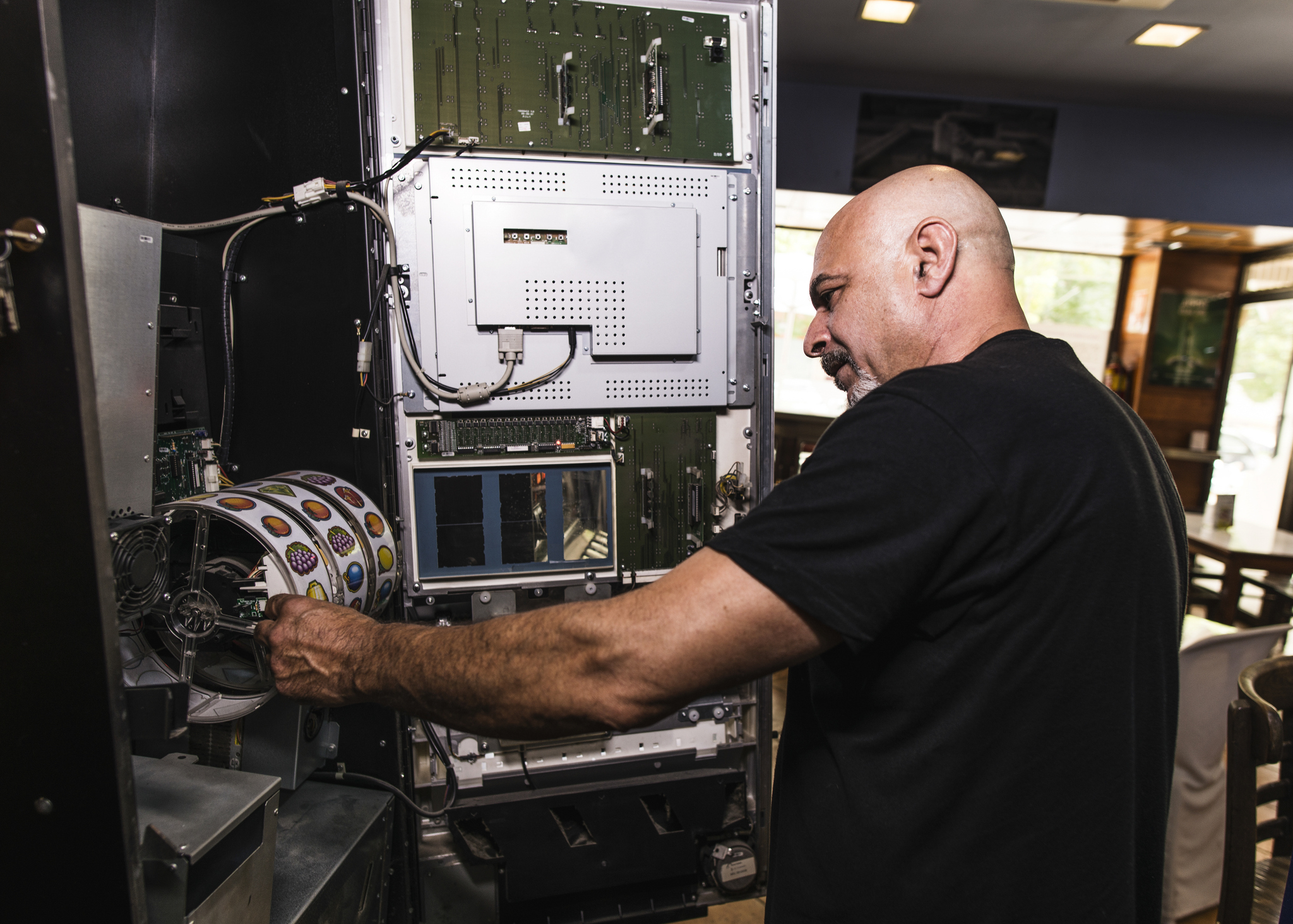With the reopening of many businesses, libraries, and cultural venues, as the cooler weather arrives more seniors are spending time indoors. Access to community centers and fitness facilities is a welcome opportunity for older adults to engage in regular social interaction and learning opportunities and to maintain their physical fitness. Another industry popular with seniors is the casino business, and especially slot machines where many older adults can while away dreary days. But are they a harmless pastime in which seniors can enjoy companionship, amusement and excitement, or something more predatory?
Although many seniors’ centers take regular busloads of older adults on trips to local casinos for a bit of fun and food with friends, some wonder if playing the slots is an addictive form of gambling that preys on vulnerable seniors, especially those with cognitive decline. For most people, a weekly game of poker or a trip to the casino is an innocent diversion. But older adults on a fixed income who risk more than they can afford to lose could wind up in serious trouble, unable to pay for housing or prescription medication.
According to recent research from the University of Pennsylvania, about 10 percent of people over 65 report gambling more than they can afford to lose. Often the problem goes unchecked until family members realize the impact gambling losses have taken on their loved ones’ finances. Slot machines may not accumulate the same level of financial losses as other forms of gambling, but they can lead seniors to spend more time sitting, eating an unhealthy(and unlimited) diet, and can contribute to cognitive impairment. A lack of natural sunlight and the stimuli of blinking lights and loud noises can also harm the aging brain. The devices are designed to addict.
Casinos also encourage seniors to visit often and stay longer by offering free incontinence products, free transportation, cheap food, reward programs, and even in-house pharmacies or prescription discounts. For older adults with mobility problems, or who don’t want to be a burden on their family, the pull of the casino with all its amenities and instant rewards can be strong. The risk for problem gambling is greater among older adults who suffer from anxiety or depression, have recently lost a spouse, or were diagnosed with a serious illness.
Learn more about signs that gambling has become a problem, ways to gamble safely, and more help and information by following this link to The Centre for Addiction and Mental Health website.






Add Your Voice
0 Comments
Join the Discussion